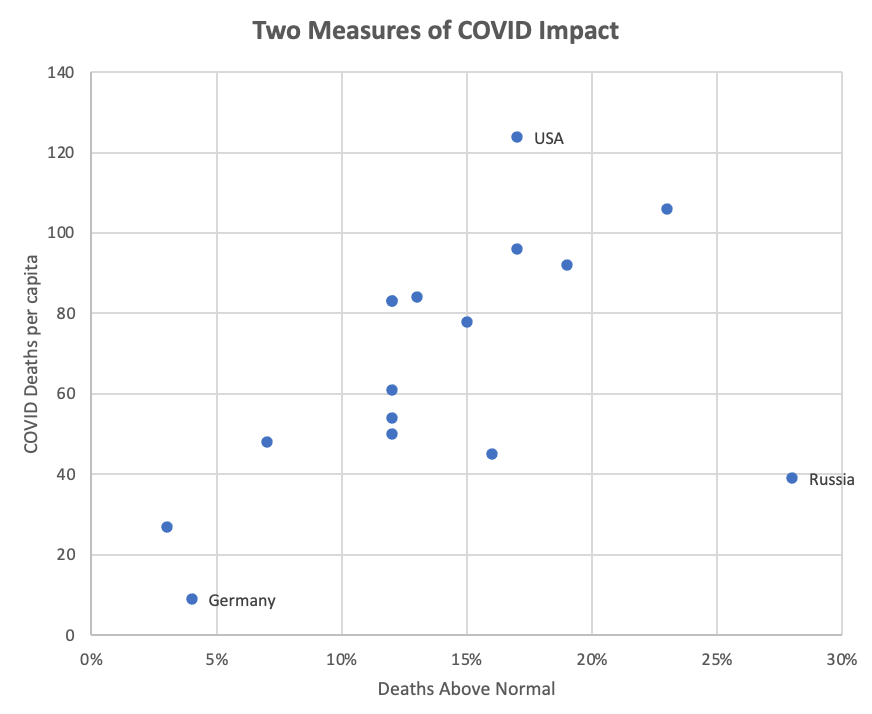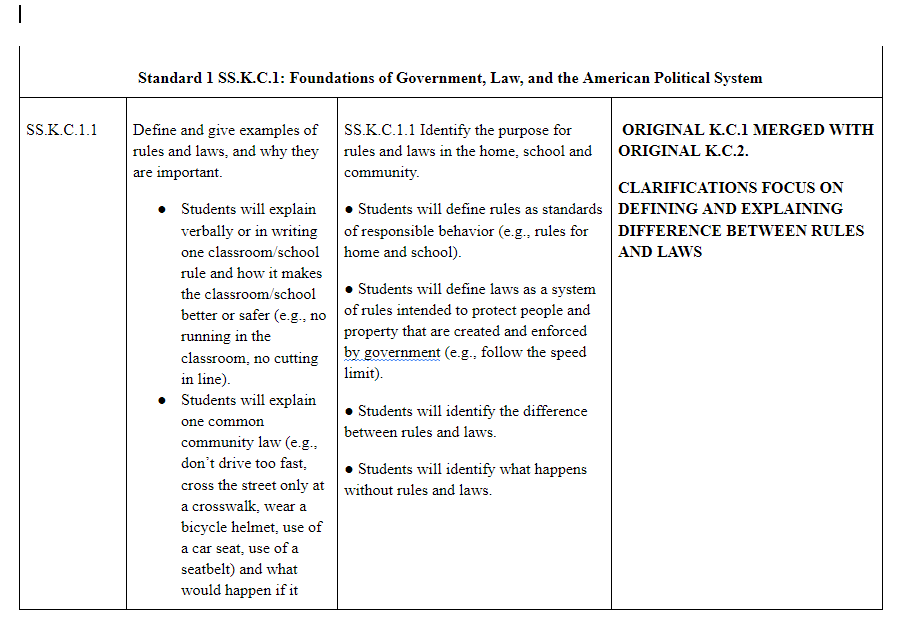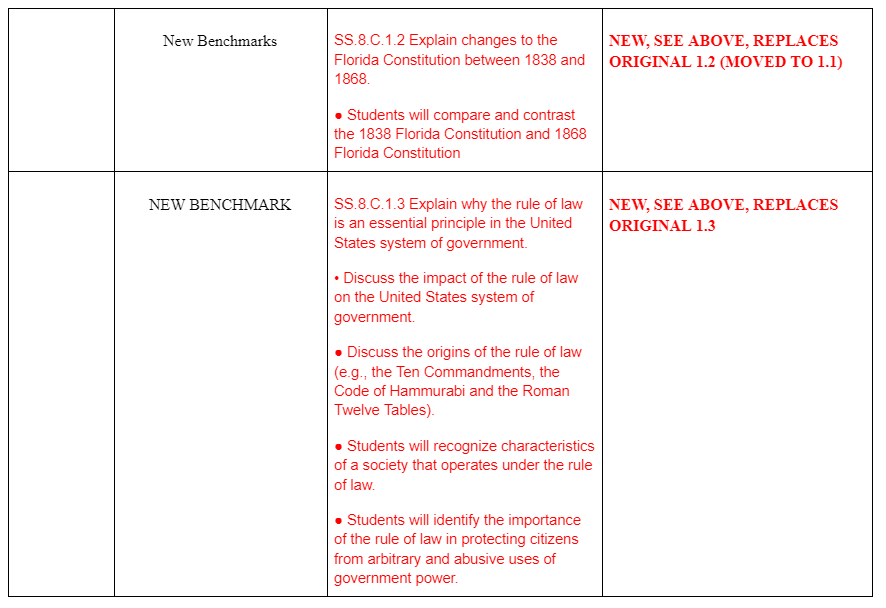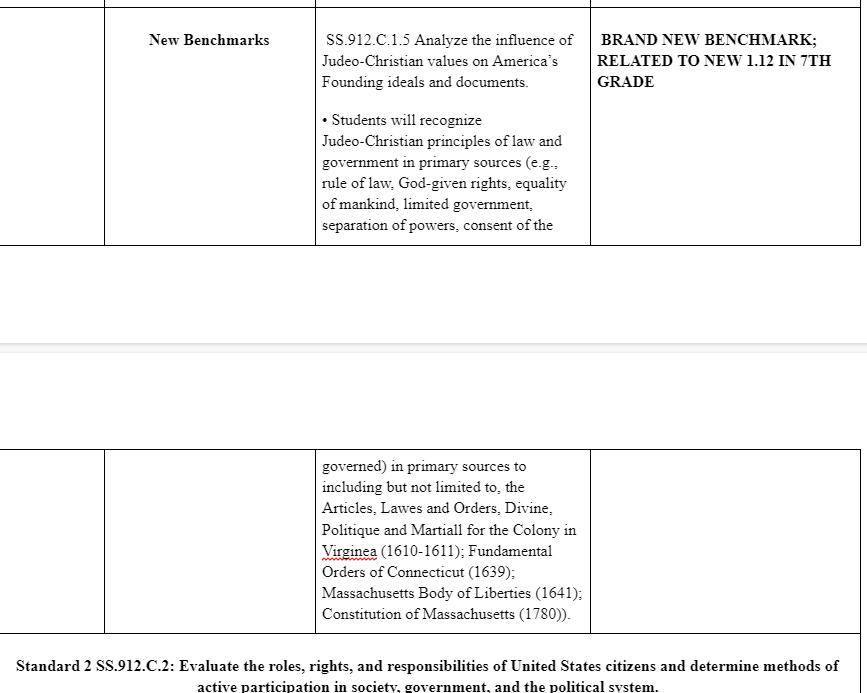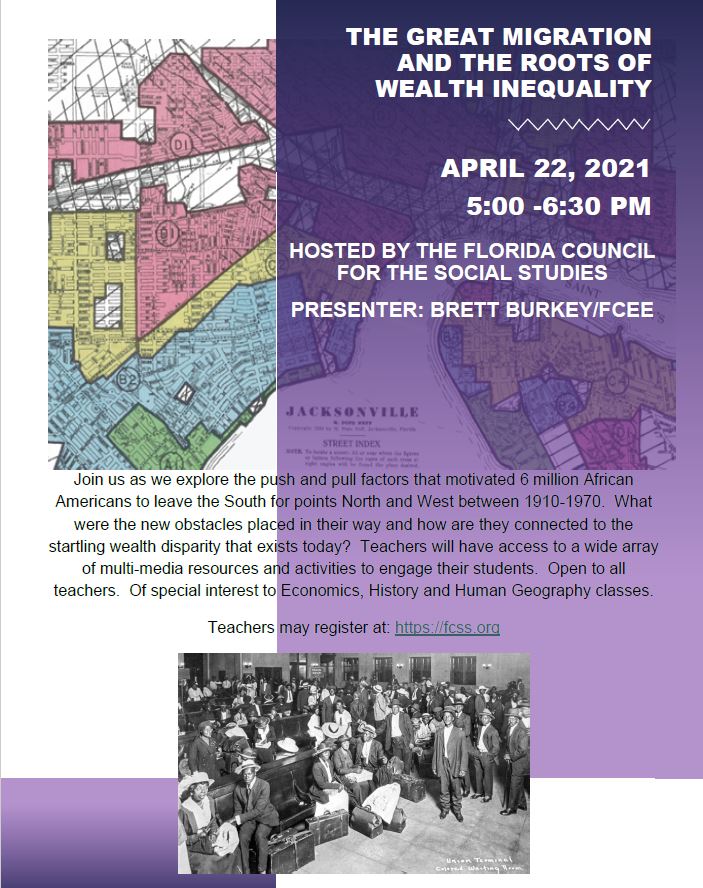Is the following true for social problems?
Will + resources + planning = a solution
A corollary would hold:
If there isn’t a solution, there must be a lack of will or resources or a bad plan.
I think this logic sometimes holds, and it’s the basis for holding responsible parties accountable. They may not have cared enough, or spent enough, or thought well enough about a problem. If not, they should be called on it.
On the other hand, the formula overlooks the power of sheer chance. Sometimes decision-makers are just lucky or unlucky. And it ignores the possibility that some problems may be really hard: “wicked problems,” in the best-remembered phrase from the famous article by Horst Rittel and Melvin M. Webber, “Dilemmas in a General Theory of Planning,” Policy Sciences 4.2 (1973), 155-169. (We discussed this article recently in my introduction to public policy course.)
Rittel and Webber write, “Solutions to wicked problems are not true-or-false, but good-or-bad” (p. 162). Yet people disagree about what is good.
“With wicked problems… any solution, after being implemented, will generate waves of consequences over an extended–virtually an unbounded–period of time” (p. 163). Since change keeps happening, there is no point when you can definitively assess the impact of a policy (p. 163). Also, there is no agreed-upon criterion for a successful policy (p. 162), and therefore, no way to know whether your solution succeeded.
“Every wicked problem can be considered to be a symptom of another problem” (p. 165). Thus we can endlessly disagree about the center or “locus” of the problem. This is one reason that “There is no definitive formulation of a wicked problem” (p. 161).
You can’t learn by trial-and-error, because every time you implement a policy, you change the world permanently (p. 163). You can’t start a social experiment over from scratch and try something different. And because your policy affects real people, you have “no right to be wrong” (p. 165).
There is no way to develop an exhaustive list of all the possible solutions (p. 164). And “Every wicked problem is essentially unique” (164)
One upshot of Rittel and Webber’s argument could be humility: do not overestimate one’s own ability to solve social problems. Another would be decentralization, whether to small governing units or to firms in a market. Decentralization is a way of mitigating damage and allowing local solutions to fit local circumstances. A third upshot would be participation: if problems are deeply contestable, maybe everyone should be involved in addressing them.
Yet another takeaway might be defeatism and tolerance for injustice, but that seems the wrong lesson to draw.
See also: Complexities of Civic Life; qualms about Effective Altruism; The truth in Hayek; trying to keep myself honest.


